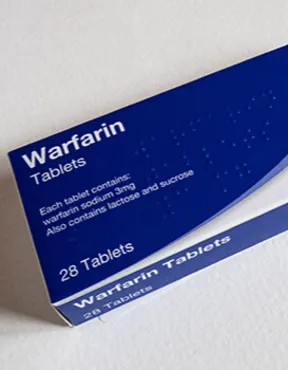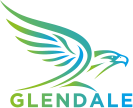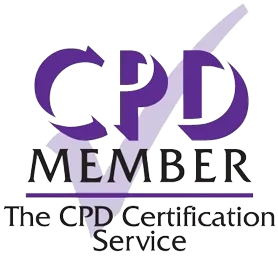29 Mar 2025
Recommended
Minimum 30 mins
Course
Access
Certification
Voiceover

Anticoagulation therapy is a cornerstone in the prevention and management of thromboembolic conditions, including Deep Vein Thrombosis (DVT), Pulmonary Embolism (PE), and Atrial Fibrillation (AF). The Anticoagulation Awareness course is tailored for healthcare professionals seeking to enhance their understanding and competency in the safe use of anticoagulant medications.
This course offers a comprehensive overview of anticoagulant pharmacology, encompassing traditional agents such as warfarin and heparin, as well as newer direct oral anticoagulants (DOACs). Participants will explore clinical indications, dosing protocols, and monitoring requirements. The course also addresses key challenges, such as managing bleeding complications, applying reversal strategies, and tailoring therapy for patients with comorbidities or complex medical needs.
Aligned with the latest UK guidelines, this course emphasises patient education and collaboration, equipping participants to counsel patients on medication adherence, lifestyle modifications, and the importance of regular monitoring. By completing this course, healthcare professionals will be better prepared to deliver high-quality, patient-centred anticoagulation care.

 £35
£35
Learning Outcomes.
By the end of this course,participants will be able:
To understand the mechanisms of action and therapeutic indications of anticoagulant medications.
To identify and manage the risks and complications associated with anticoagulation therapy, including bleeding events.
To apply UK guidelines for the safe prescribing, monitoring, and adjustment of anticoagulation regimens.
To educate patients on the importance of adherence, lifestyle adjustments, and monitoring for optimal outcomes.
To develop strategies for perioperative anticoagulation management and individualised care for high-risk populations.
To evaluate patient-specific factors, such as comorbidities and drug interactions, to make informed clinical decisions.
Course
Contents.
01
Overview of its role in thromboembolic conditions.
03
INR monitoring, dosing adjustments, and managing drug interactions.
05
Counselling techniques to promote adherence and self-management.
08
Comparison of traditional anticoagulants and DOACs.

06
Guidelines for surgery, dental procedures, and temporary therapy interruptions.
09
Guidance on diet, alcohol consumption, and activities to minimise risks.
02
Mechanisms of action, types, and pharmacokinetics of warfarin, heparin, and DOACs.
04
Strategies for identifying and addressing bleeding risks and reversal protocols.
07
Considerations for elderly patients, those with renal impairment, and other high-risk groups.
10
Evidence-based approaches to ensure anticoagulation safety.
This course equips healthcare professionals with the knowledge and skills to manage anticoagulant therapies safely and effectively. By emphasising patient-centred care, risk management, and adherence to UK guidelines, participants will enhance their ability to optimise outcomes, minimise risks, and educate patients on the complexities of anticoagulation therapy.
 Summary
Summary


